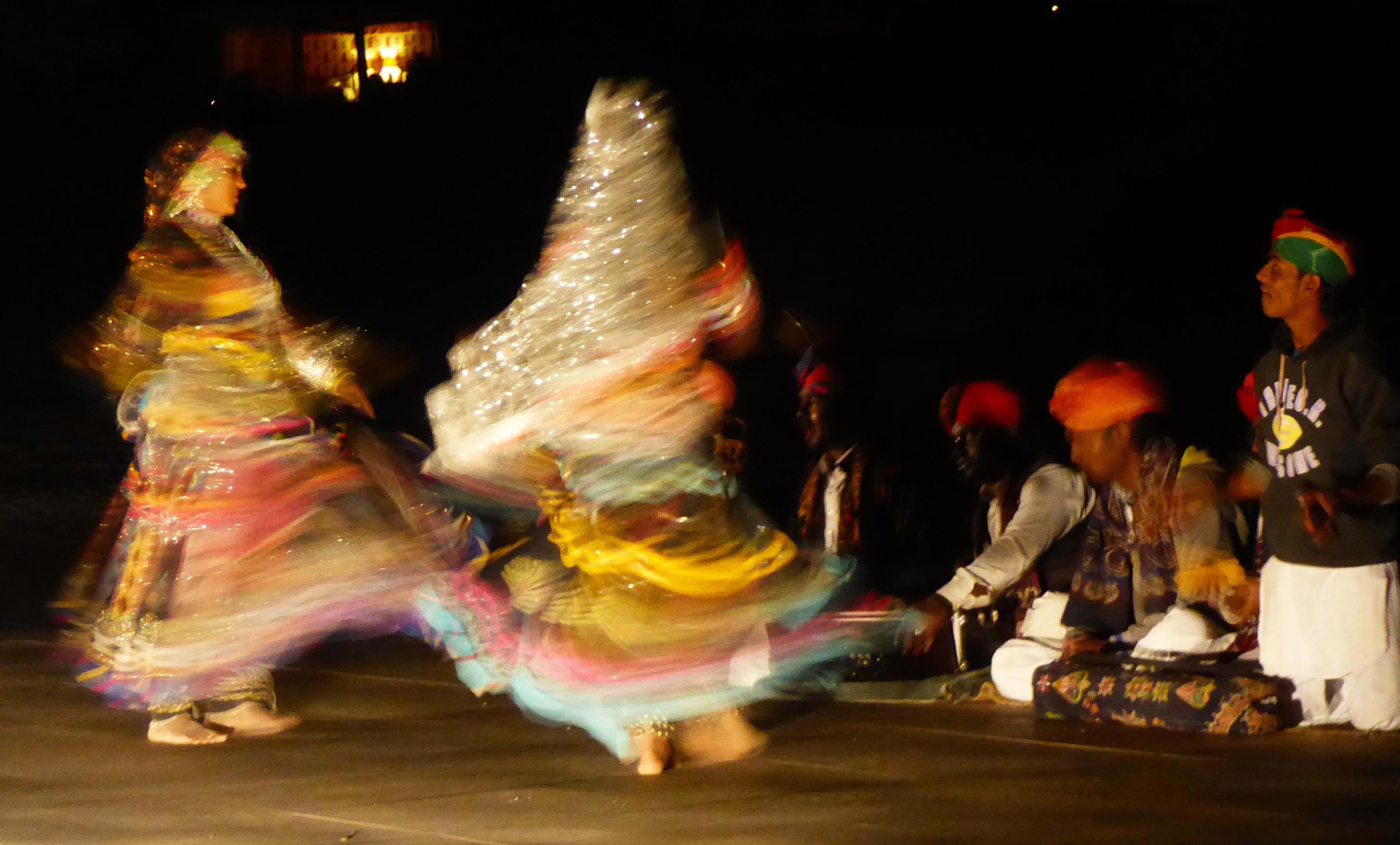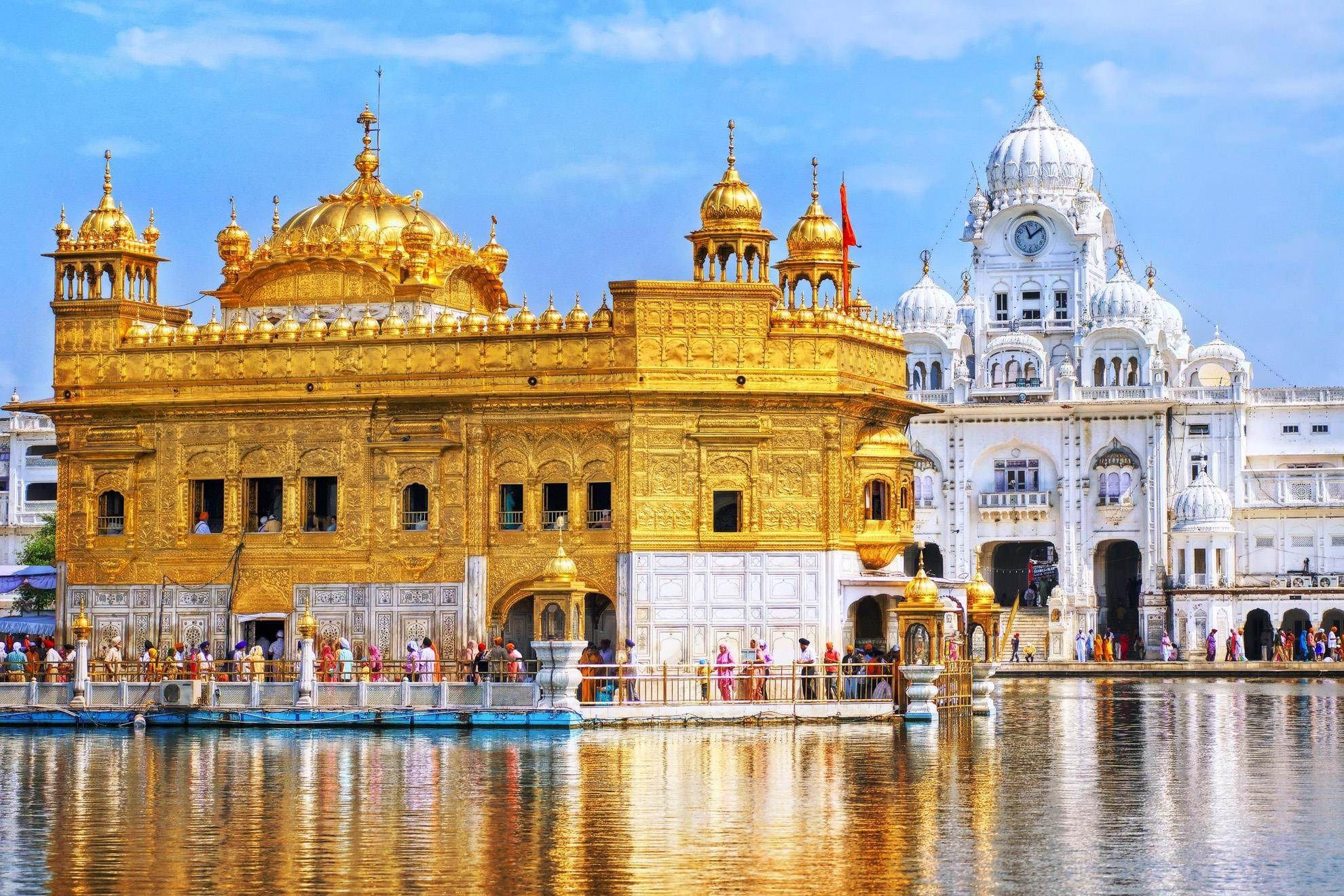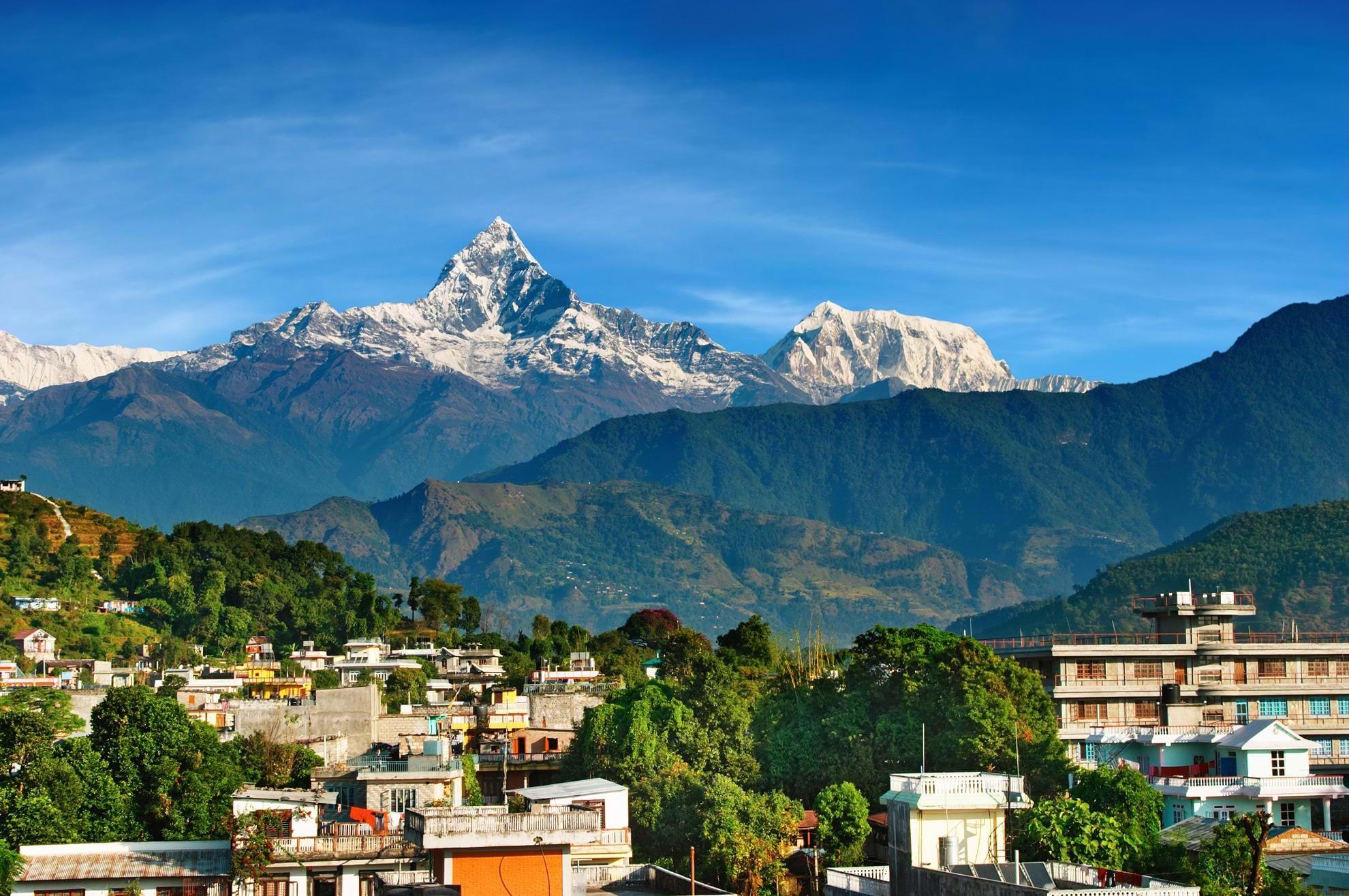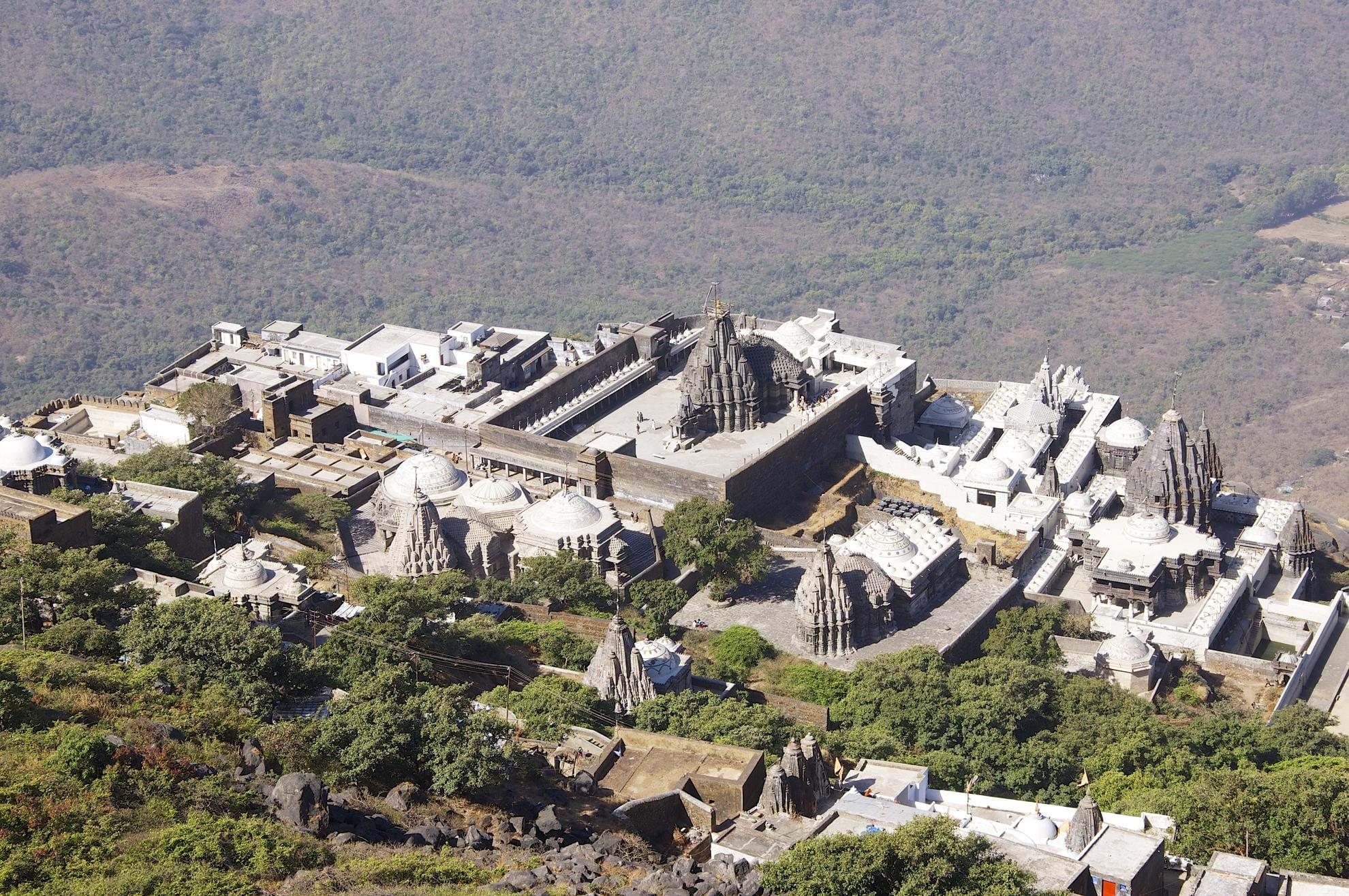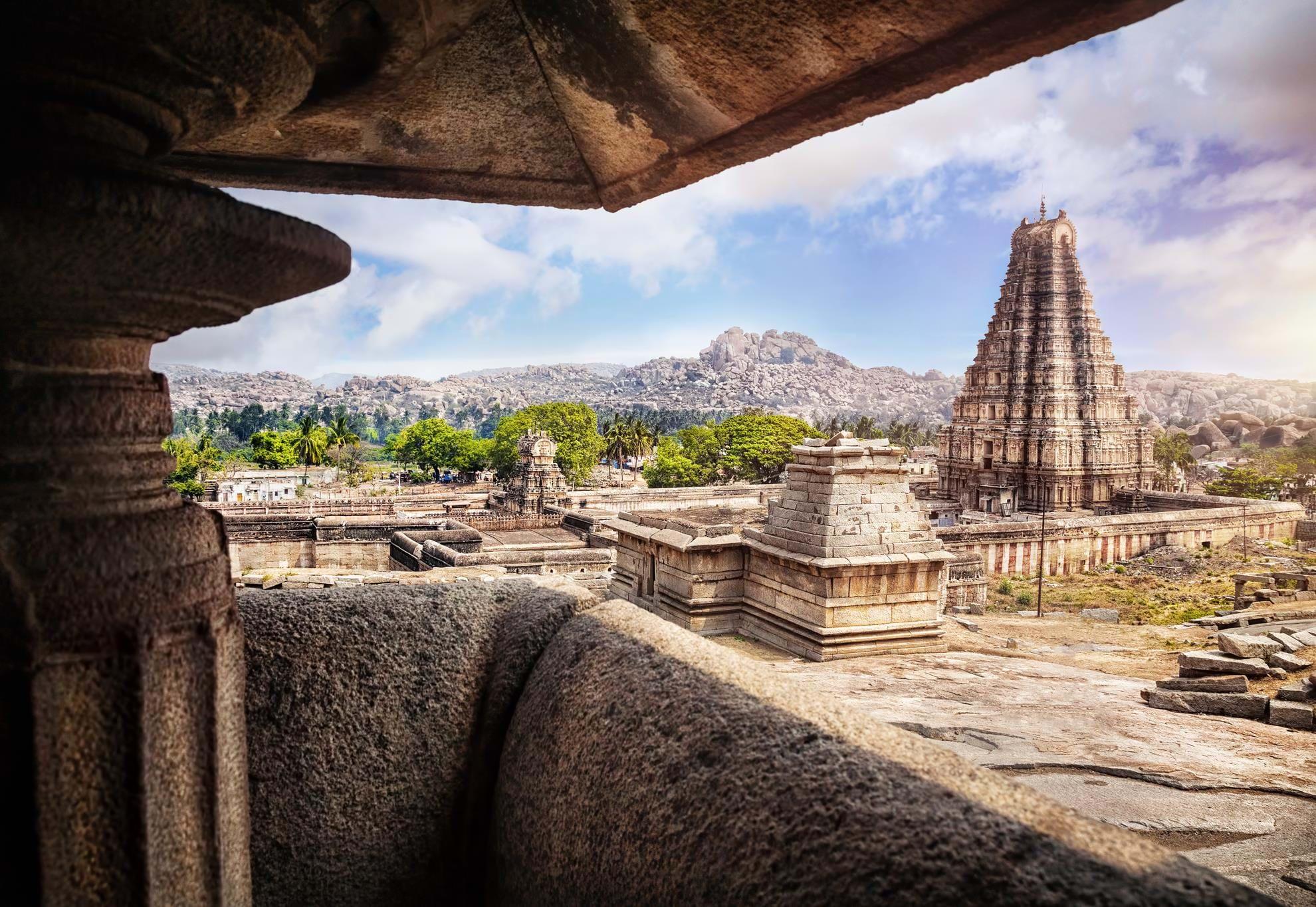India 27.10.2024 Updated: Transindus
For five days each fall, homes glisten in the light of oil lamps, the skies above are awash with fireworks, and the air is filled with the indulgent smell of delicious sweets as Diwali is celebrated worldwide.
What is Diwali
Contrary to popular belief, Diwali is a multi-faith festival. It is generally celebrated at the start of the Indian astrological calendar (end of October/early November) across the length and breadth of India by Hindus, Sikhs, Jains, and some Buddhists. Each community relates to the festival slightly differently, depending on their religious beliefs. Still, the common theme is that it marks a desire for a bountiful harvest, the start of an auspicious new year, and the unity of family and friends.
Universally, the first day of Diwali is reserved for spring cleaning homes and purchasing something new for the home, ideally, a cooking vessel so food can be cooked and shared. From the second day, oil lamps and rangolis (floor decorations with flower petals or coloured powder) decorate and brighten the home. The third day is when prayers and religious rights take place, followed by fireworks, feasting and merriment. The fourth is the most exciting for children as gifts are exchanged, while the fifth day celebrates Bhai Dooj, an eternal bond between brothers and sisters.
How do each of India's communities celebrate Diwali?
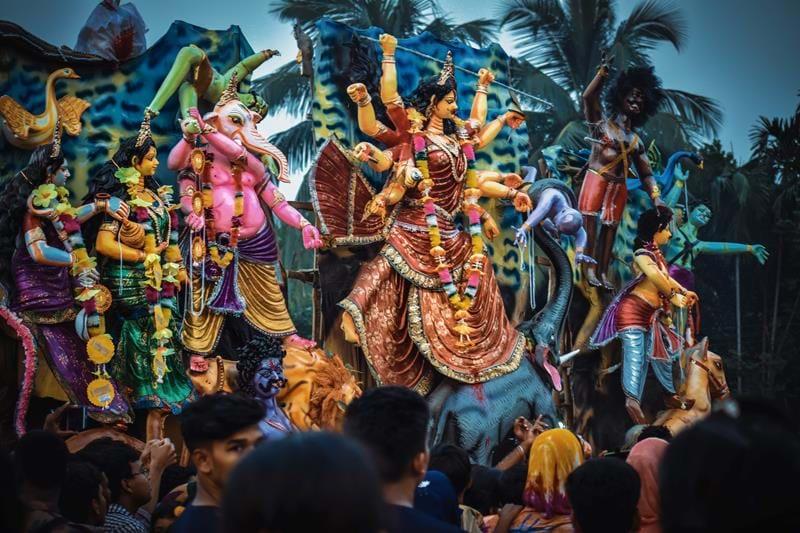
Hinduism
Hindus celebrate Diwali to rejoice in Lord Rama's return to Ayodhya from a 14-year exile after defeating the evil Lord Ravana and rescuing the Goddess Sita, who had been Ravana's captive. The festival marks the homecoming and reawakening of good over evil.
Hindus also pay homage to the Goddess Lakshmi, the goddess of wealth and prosperity, evoking her benevolence for a bountiful harvest.
As 70% of India follows the Hindu religion in India, these are the most widespread of celebrations, and you can experience them in most cities and places. Varanasi, Udaipur and Jaipur are the most visually spectacular and spiritually uplifting places to experience a Hindu Diwali.
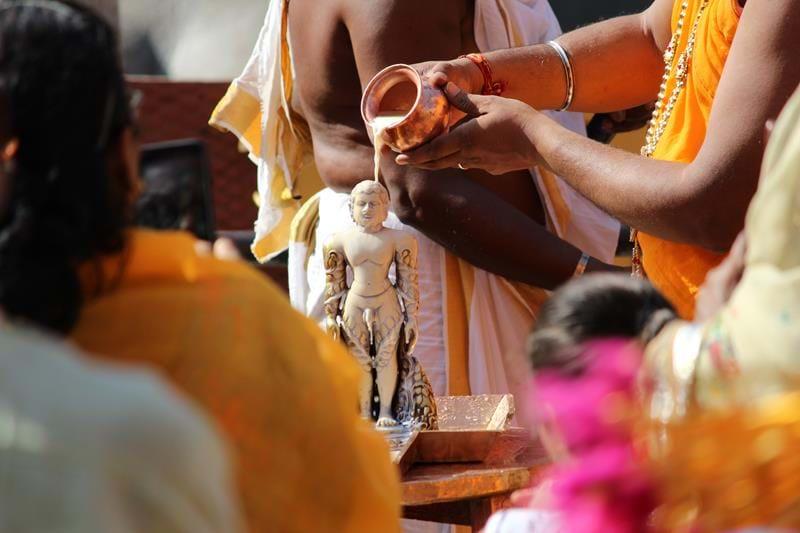
Jains
One of India's smallest religious communities, the Jain community celebrates Diwali to mark the spiritual awakening of their Lord Mahavira, marking mankind's enlightenment from darkness. The best places to experience a Jain Diwali are Ranaknakpur in Rajasthan, Palitana in Gujarat, and Gomateshwara in Maharashtra, each with stunning and ornate Jain temples nearby.
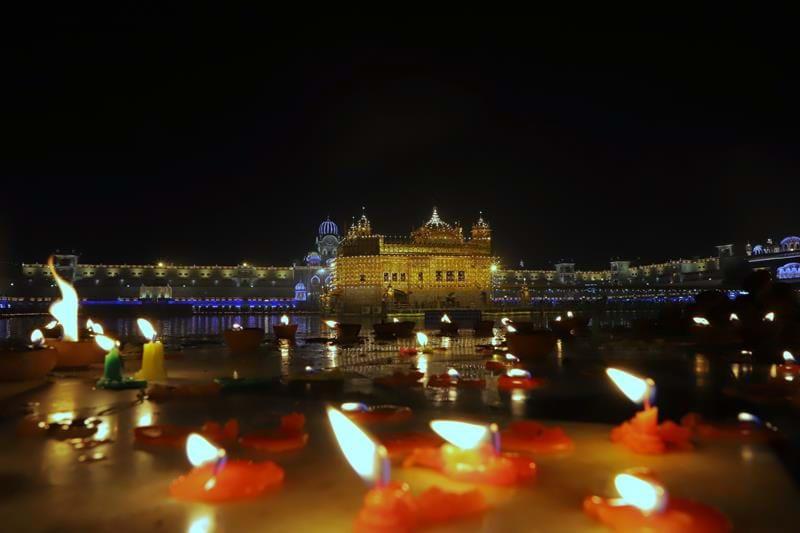
Sikhs
The Sikhs celebrate Diwali to commemorate the return of their young spiritual leader, Guru Hargobind, the sixth guru, to the holy city of Amritsar on release from wrongful imprisonment of followers of the faith, symbolising understanding & common goals.
Diwali celebrations at the Golden Temple in Amritsar, Punjab, are among India's most exuberant, uplifting, and generous celebrations. They are marked by the feeding of millions of people and one of the largest fireworks displays.
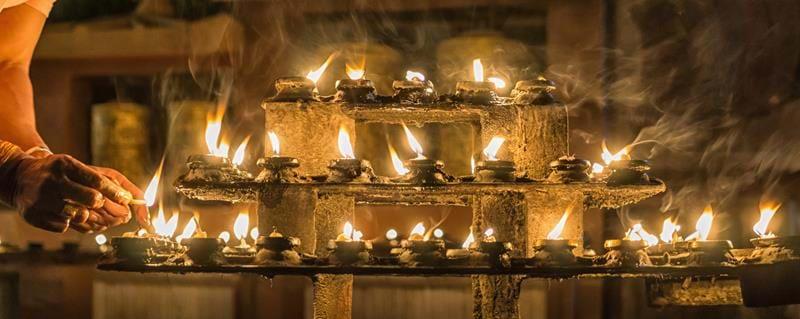
Buddhism
Newar Buddhists in Delji and Kathmandu, Nepal, celebrate Diwali as Ashok Vijayadashami to honour the day Emperor Ashoka accepted Buddhism as his faith and followed a path of peace and enlightenment. Celebrations are traditionally understated and involve lighting butter lamps in temples and chanting Buddhist mantras.
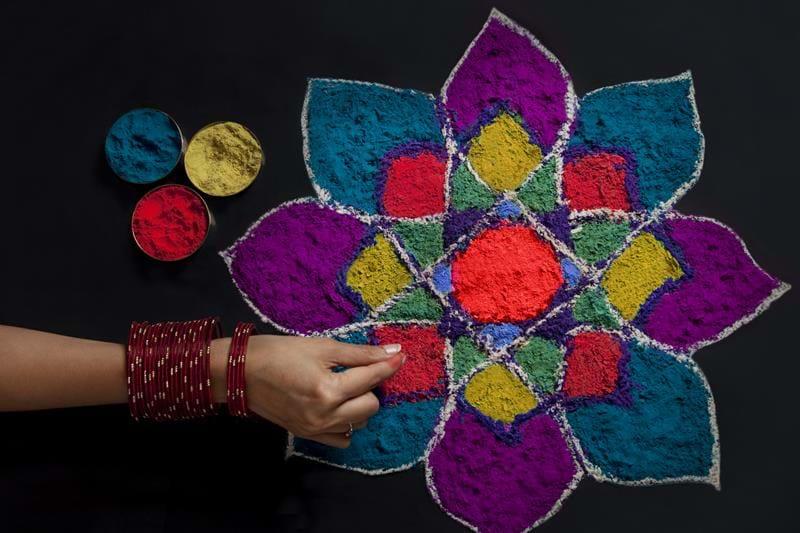
Despite each community celebrating Diwali in its unique fashion, it is essential to note that they all celebrate together, sharing each other's spirituality, hopes, and good wishes for the New Year.

